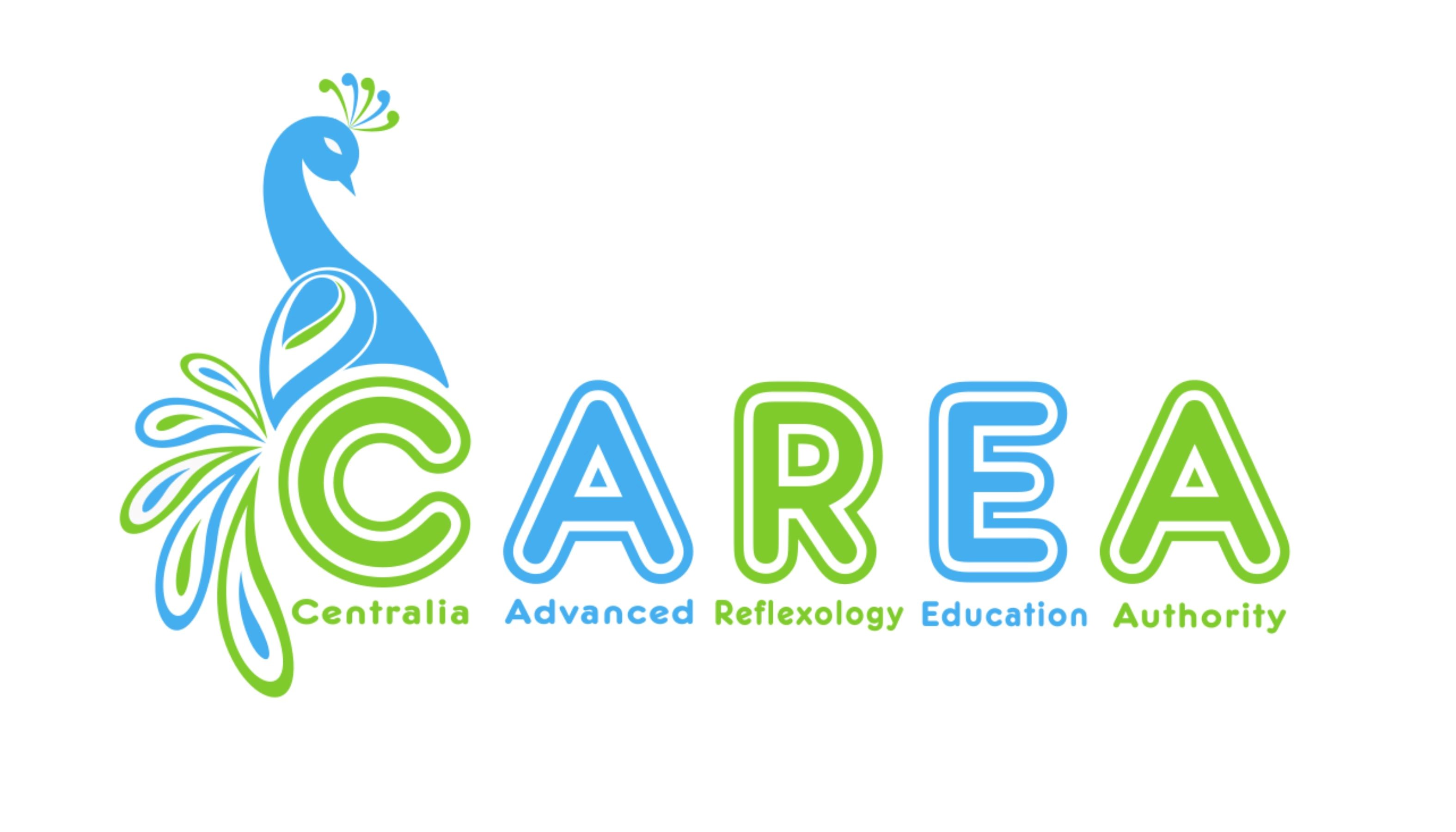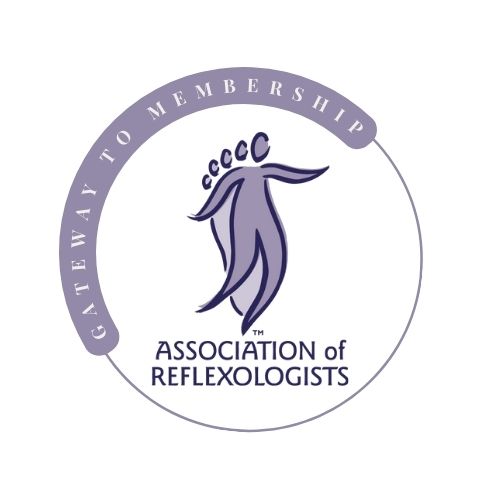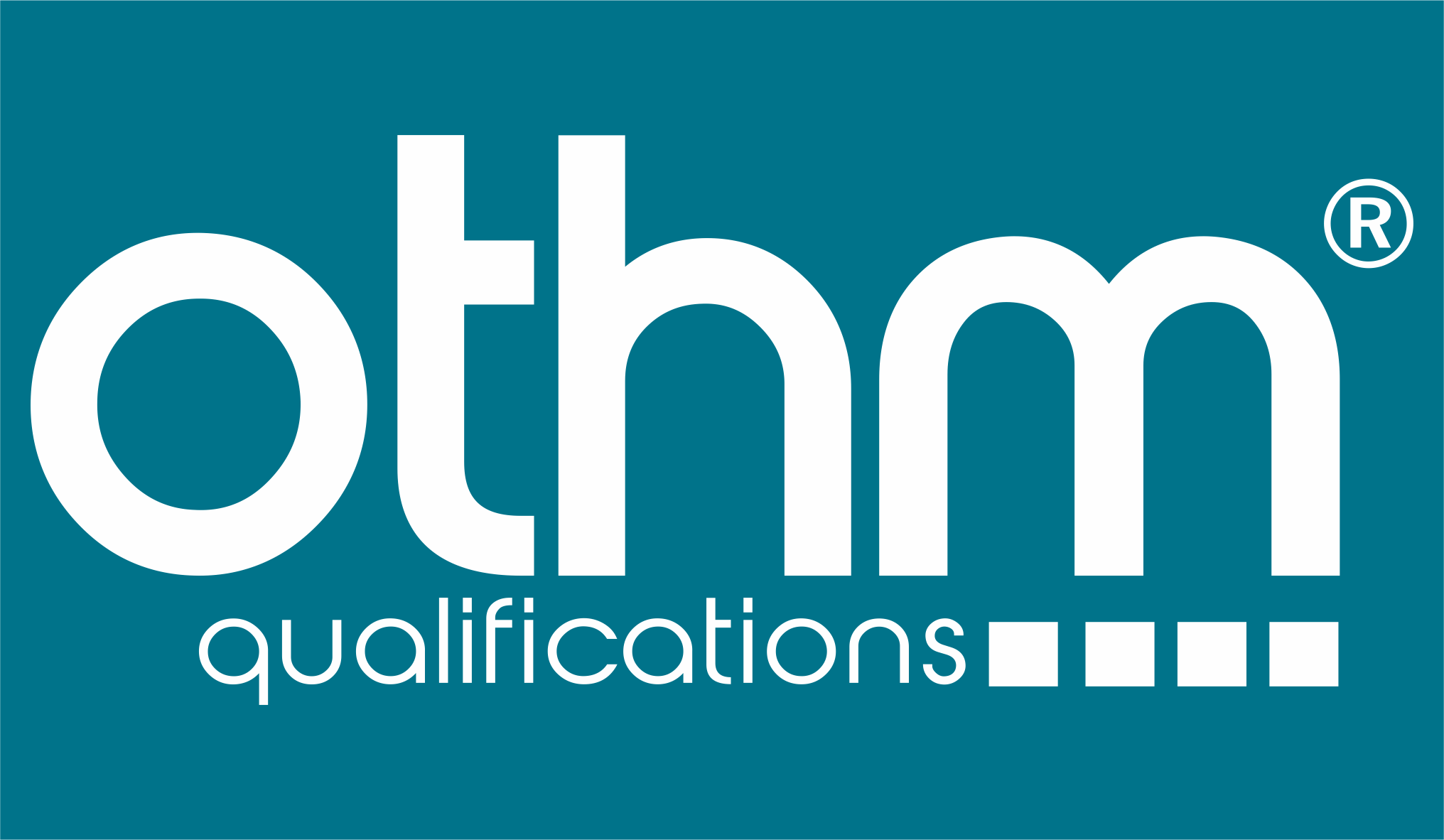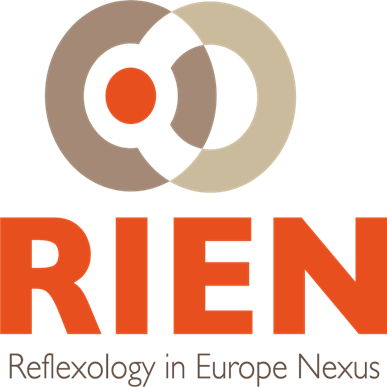Overview
Centralia and Partnership Centres will exempt students from studying certain elements of the course if appropriate and valid evidence is provided as proof of prior certification and/or experience.
If certification is provided which is a level equal to or greater than the taught unit, then, together with evidence of equal, or greater levels of learning outcomes or assessment, the student may be exempted from studying and the assessment of the unit.
If evidence provided of Prior Learning is through work based or experiential learning, then the student will be expected to undertake the assessment of that unit, but without the need to attend the teaching sessions.
- In both cases the Course Director and Course Tutor(s) will be responsible for considering the applicants, if approved the relevant evidence will be copied and held in evidence to support their claim of RPL
- Applicants should put in writing the basis for applying for exemption of study and/or assessment and should indicate the nature of any previous experience and/or qualifications.
All applications for RPL should be received, as a minimum, two (2) weeks prior to course/unit commencement.
Any evidence of RPL being claimed by a student will be made available to the Internal Verifier and the External Verifier as well as the tutor.
RECOGNITION OF PRIOR LEARNING POLICY
1. Definition
*A method of assessment (leading to the award of credit) that considers whether a learner can demonstrate that they meet the assessment requirements for a unit through knowledge, understanding or skills they already possess and do not need to develop through a course of learning.
*(Guidance on the recognition of prior learning within the Qualifications and Credit Framework).
2. Introduction
2.1. Centralia seeks to enable learners to avoid the duplication of learning and assessment. There are two ways in which this will be achieved:
- The opportunity to transfer credits, i.e. to recognise previously accredited achievement from within or outside the Qualification and Credit Framework (QCF) to count towards other qualifications.
- For individuals with learning or achievements that have not been certificated/accredited it may be possible to assess and validate these through an RPL process. These achievements may then count towards a qualification.
3. Audience
3.1. The intended audience for this document is:
- Quality Assurance managers in recognised centres
- Centralia appointed External Verifiers
- Internal Verifiers
- Assessors
- Centralia and Partnership Centre staff
- Qualifications Regulators
- Access to Higher Education qualifications
- QCF approved qualifications (NOCN or Agored Cymru)
- CQFW units
- Agored Cymru approved units
4. Policy
4.1. In order to achieve the above, a learner must produce valid and reliable evidence of learning to support any claims based on experience. A learner may claim RPL against a whole unit or several units. It is not possible to award part units, but where the RPL evidence does not fully meet the needs of a complete unit, the missing information may be provided via the same assessment processes that are undertaken by a taught group of learners.
4.2. In order to achieve recognition of achievement there are two options open to the learner:
- Undertake the same assessments as those following the formal course of learning and assessment that lead to the desired unit or qualification. These assessments may be undertaken without attending the teaching sessions.
- Submit a portfolio of evidence based on previous learning, skills and/or competence cross referenced to the learning outcomes and assessment criteria of the unit or units for which RPL is being sought.
4.3. Under some circumstances there may be a limit to the proportion of a qualification that can be achieved by either credit transfer or RPL. For example within Access to HE Diplomas, not more than 50% (i.e. 30 credits) may be achieved by either or both of these processes. Full details of these requirements will be identified in the rules of combination for any qualifications offered by Centralia.
4.4. Learners wishing to avail themselves of this method of accreditation must negotiate the procedure with the Centre providing the relevant unit(s) (Approved or Partnership Centres). The provider Centre may choose to charge a fee for these services.
4.5. The learner must play an active role in the process as s/he must produce evidence and map it to the learning outcomes and assessment criteria of all units they wish to claim.
Appropriately trained staff from the provider Centre concerned should be available to give specialist advice on this process. The individual wishing to make the claim may also require the support of their employer or other organisation (e.g. if they have worked as an unpaid volunteer) in order to be able to confirm achievement of assessment criteria for which there is no tangible evidence, e.g. practical tasks.
5. Principles of RPL
5.1. According to 'Claiming Credit – Guidance on the recognition of prior learning within the Qualifications and Credit Framework' the five principles of RPL are as follows:
5.1.1 RPL is a valid method of enabling individuals to claim credit for units and qualifications of the QCF, irrespective of how the learning took place and the assessments undertaken. There is no difference between the achievement of the required standards through prior learning and through a formal programme of study.
5.1.2 RPL must comply with all regulatory requirements for assessment. RPL policies, processes, procedures, practices and decisions should be transparent, rigorous, reliable, fair and accessible to individuals and stakeholders to ensure that users can be confident of the decisions and outcomes of RPL.
5.1.3 RPL is a learner-centred voluntary process. The individual should be offered advice on the nature and range of evidence considered appropriate to support a claim for assessing RPL, and be given guidance and support to make his or her claim.
5.1.4 The process of RPL is subject to the same standard of quality assurance and monitoring processes as any other form of learning and assessment.
5.1.5 Assessment methods for RPL must be of equal rigour as other assessment methods, must be fit for purpose and relate to the evidence of learning. An individual may claim RPL against any whole unit unless the assessment criteria of a unit states otherwise. For example if an external assessment sets the standard of a learning outcome that a learner must achieve, then the learner must pass the external assessment to achieve the unit and gain the credit.
6. Guidance for implementation
6.1. Centralia will expect the following elements to be present in any RPL policy operated by a Centre provider.
6.2. Stage 1: Awareness raising regarding claiming of credit – information, advice and guidance
6.2.1 Once learners have decided to consider their learning for RPL purposes, they will need to know about :
- how to claim credit via the RPL process
- the administrative processes for RPL applications
- timelines, appeals processes, and any fees or subsidies
- the currency of existing credits, qualification, experience, skills or competence. (i.e. Does the evidence relate to current learning? Where Centres have specific requirements and / or time limits for the currency of evidence, certification, or demonstration of learning, these should be made clear and transparent).
6.3. Stage 2: Pre-assessment – gathering evidence and giving information.
6.3.1 When an individual has decided to pursue an RPL route towards achievement it is vital that the candidate is fully informed of the RPL process and has sufficient support to make a viable claim and to make decisions about evidence collection and presentation for assessment.
6.3.2 During this stage the candidate will carry out the evidence collection and develop an assessment plan.
The evidence required for the award of credit will depend on the purpose, learning outcomes and assessment criteria for the relevant units within the QCF.
6.4. Stage 3: Assessment / documentation of evidence.
6.4.1 Assessment as part of RPL and within the QCF is a structured process for gathering and reviewing evidence and making judgements about a candidate's prior learning and experience in relation to unit standards.
6.4.2 Assessment must be valid and reliable to ensure the integrity of units and qualifications and the RPL system as a whole. The assessment process for RPL must be subject to the same quality assurance processes of awarding organisations as any other part of the assessment process. Learners' work which contributes towards their claim for credit via the RPL process should be internally and externally verified and all achievement documented as for conventional learner achievement, all RPL – related achievement should be marked as such in all documentation.
6.6. Stage 5: Feedback.
6.6.1 After the assessment the assessor will need to give feedback to the candidate, discussing the results and giving support and guidance on the options available to the candidate, which may include, for example, further learning and development.
6.7 Stage 6: Appeal.
6.7.1 If claimants wish to appeal against a decision made about their claim for credit (via the RPL process) they would need to follow the standard appeals processes of Centralia and its Partnership Centres.
7. Collating information on the use of RPL
7.1. In order to quantify the use of RPL processes, external verifiers will be required to identify the provision where RPL has been applied.
Centralia is committed to providing excellence on every level, supporting and encouraging everyone involved to achieve their maximum potential in a safe, structured and enjoyable environment.
Centralia does not envisage providing training for children, however, it is developing training units for adults with mild to moderate learning difficulties who may be deemed to be vulnerable.
Centralia will ensure that any staff working in Partnership Centres accredited by Centralia who work with children or vulnerable adults are checked to ensure that these learners are safeguarded against those previously convicted of certain crimes.
Centralia will provide support to individual needs and will also encourage and develop the opportunity to link with other supportive organisations.






